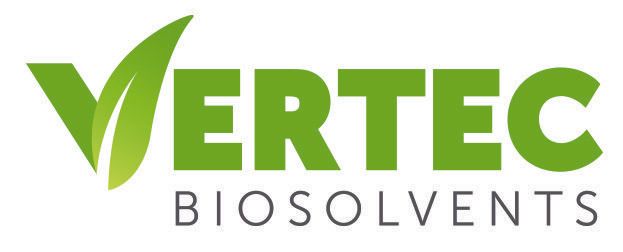What Are Industrial Solvents & How to Reduce Their Impact
December 13, 2023
Written by: Vertec Biosolvents
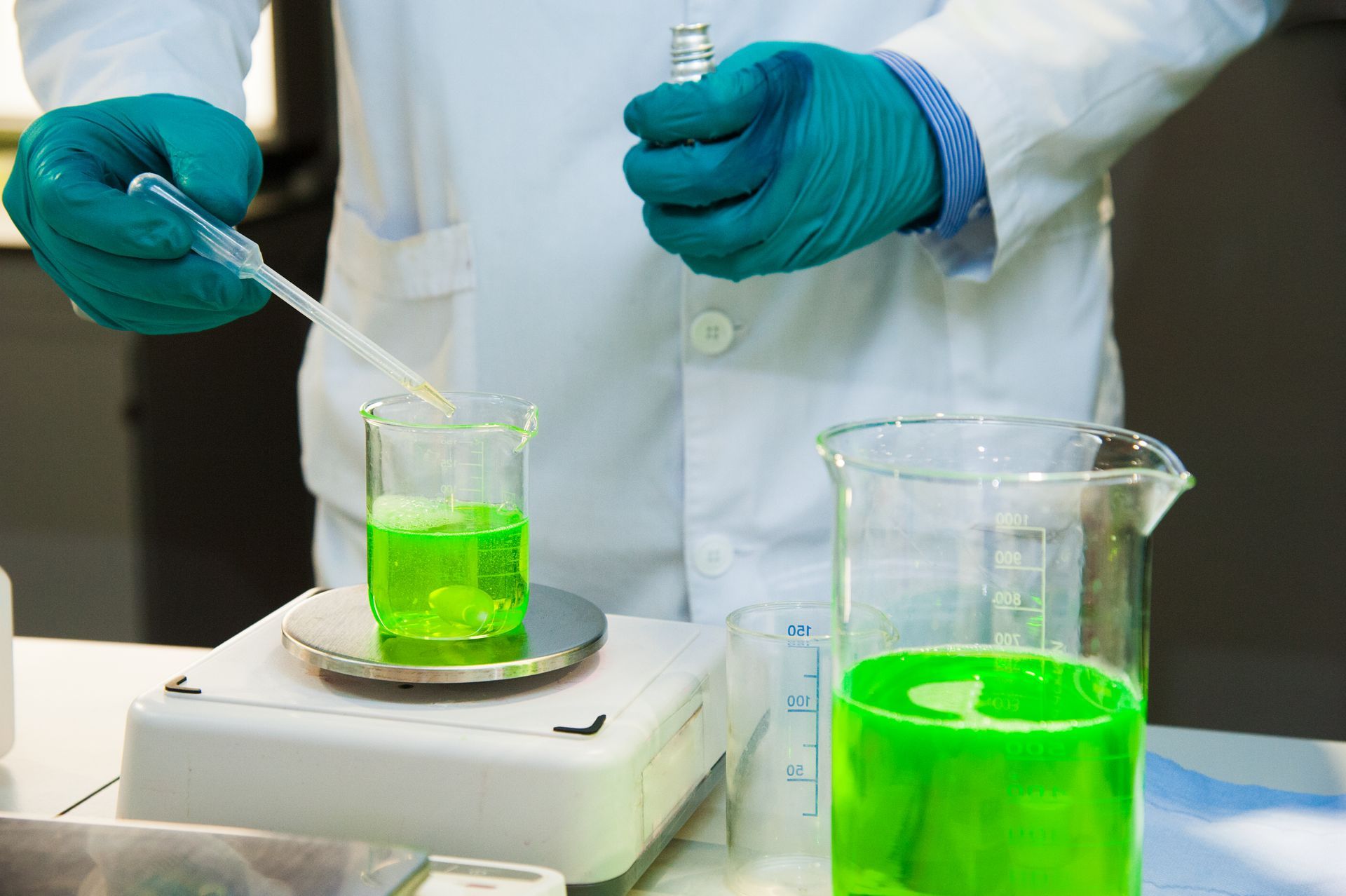
Industrial solvents play a critical role in various manufacturing processes, but their environmental impact continues to raise concerns. This blog explores the role of industrial solvents while focusing on different types and their applications. Additionally, we’ll explore the development and impact of solvents and ways to reduce your company’s environmental footprint by adopting green industrial solvents instead.
What are Industrial Solvents?
Industrial solvents are substances used to dissolve, dilute, or extract materials in manufacturing processes. These chemicals facilitate tasks that involve dissolving materials, diluting other chemicals, or chemical extraction that further influences how these products affect other industries. They are integral in industries such as pharmaceuticals, cosmetics, paints, inks, coatings, cleaning, degreasing, agriculture, and automotive.
Main Properties of Green Solvent Development
Green solvents, also known as bio-based solvents, minimize environmental impact while still effectively working the way they’re expected to. These alternatives aim to reduce reliance on fossil fuels, minimize toxicity, and enhance biodegradability. The overall goal of using these solvents is to contribute to a more sustainable and environmentally friendly industrial landscape. More about these key properties includes focusing on:
- Environmental Friendliness—we derive green solvents from renewable resources, reducing dependence on fossil fuels. This promotes sustainability and minimizes carbon footprint.
- Low Toxicity—unlike traditional solvents that may be harmful, green solvents exhibit lower toxicity, making them safer for both human health and the environment.
- Biodegradability—bio-based solvents are often more readily biodegradable, reducing the risk of persistent environmental pollution.
- Reduced VOC Emissions—Volatile Organic Compounds (VOCs) contribute to air pollution. Green solvents aim to have lower VOC emissions, improving air quality.
Types of Solvents
Industrial solvents are not just chemicals used in manufacturing processes. They are a cornerstone of modern industry that enables product creation, affecting many different industries. Recognizing and making the right choices about their usage is based on understanding and identifying how and when to use them. Solvents are usually categorized into three main types based on chemical composition:
Hydrocarbon Solvents
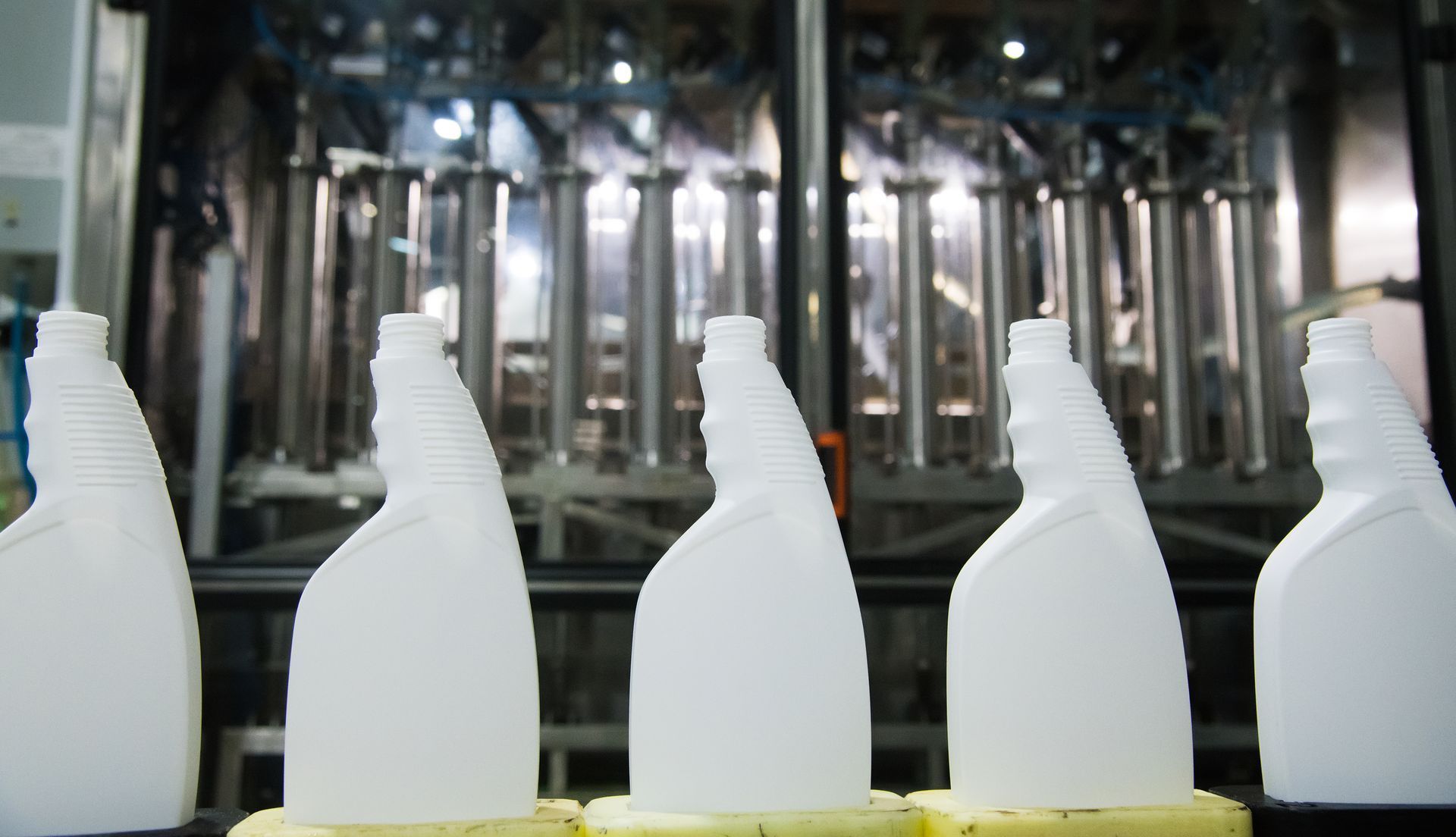
These are derived from petroleum, including aliphatic and aromatic solvents, and are commonly used in paints, coatings, and cleaning products. Aliphatic solvents, known for their straight-chain structure, find extensive use in cleaning products, where their excellent solvent properties help break down contaminants effectively. Aromatic solvents, with their ring-shaped molecular structure, are commonly employed in paints and coatings because of their ability to dissolve resins and pigments, contributing to the formulation of high-quality finishes.
Oxygenated Solvents
These solvents contain oxygen atoms and include alcohols, ketones, and esters. They are found in pharmaceuticals, cosmetics, and some industrial cleaning applications. Alcohols, such as ethanol and isopropanol, are prevalent in pharmaceuticals and cosmetics, serving as carriers for active ingredients and ensuring product stability. Ketones, including acetone, find applications in industrial cleaning, where their strong solvent properties make them effective in removing tough residues. Esters, with their pleasant fragrance, are often used in the formulation of perfumes and personal care products.
Halogenated Solvents
These solvents contain halogen atoms, like chlorine or fluorine, and are frequently used in pharmaceuticals and as degreasers. The presence of halogen atoms enhances their effectiveness in breaking down and dissolving complex compounds, making them invaluable in pharmaceutical formulations. In degreasing applications, where the removal of stubborn residues is paramount, halogenated solvents prove their mettle. Their usage is also more targeted than other solvent types.
Applications for Solvents
To harness the benefits of industrial solvents responsibly, it is essential to delve into their properties and impact. Each solvent type possesses distinct characteristics that influence its suitability for specific applications. Factors such as volatility, toxicity, and biodegradability are crucial considerations in selecting the right solvent for a given task. Solvents find diverse applications across industries, each serving specific purposes:
Pharma
Solvents play a crucial role in drug formulation, extraction, and purification processes. They are critical in creating suspensions and emulsions. They’re also used to extract active ingredients from raw materials in a way that will meet the industry’s strict quality standards.
Cosmetics
Used in the formulation of skincare and beauty products, solvents help achieve desired textures and consistencies. Solvents are key players in the cosmetics industry, where the formulation of skincare and beauty products demands precision. From creating fragrances to achieving the desired consistency in creams and lotions, solvents contribute to the aesthetic and functional aspects of cosmetic formulations.
Paints, Ink, & Coatings
Solvents contribute to the formulation of paints and coatings, aiding in spreading and drying processes. The world of colors and protective coatings relies heavily on solvents. In the formulation of paints and coatings, solvents help dissolve pigments, ensuring even distribution and promoting proper adhesion to surfaces. Their role extends to the printing industry, where inks are formulated to meet specific printing requirements.
Cleaning & Degreasers
Industrial cleaning and degreasing processes rely on solvents to act as powerful agents capable of dissolving and removing stubborn residues, such as grease, oil, and other contaminants that accumulate during regular operations. Whether it’s cleaning machinery, degreasing surfaces, or ensuring the quality of manufactured components, solvents prove indispensable in maintaining operational efficiency. This thorough cleaning not only promotes the longevity of the machinery but also helps prevent potential malfunctions and breakdowns.
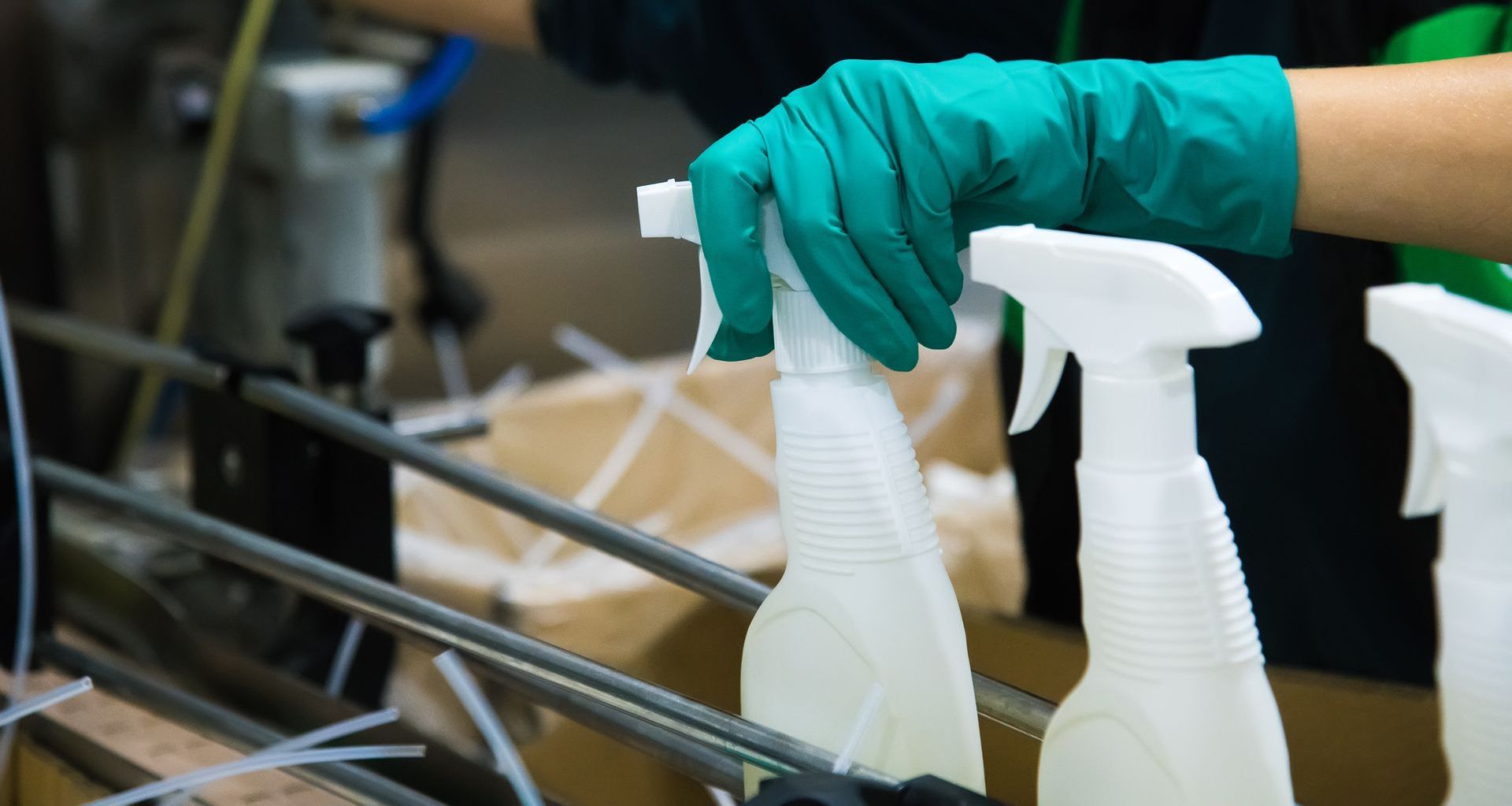
Agriculture
Solvents are used in the formulation of pesticides and herbicides in the agricultural sector. These chemicals aid in creating effective solutions for crop protection, ensuring the health and productivity of agricultural endeavors.
Automotive
From manufacturing processes to maintenance, solvents play a vital role in the automotive industry. They play a crucial role in the production of automotive coatings, adhesives, and sealants. In maintenance and repair, solvents are used for cleaning and degreasing vehicle components, ensuring optimal performance.
Test Bio-Based Solvents with Vertec BioSolvents
As industries continue to rely on solvents for various processes, it becomes crucial to make informed choices that minimize environmental impact. The development of green solvents and the adoption of sustainable practices contribute to a more responsible and eco-friendly industrial landscape. This pursuit has led to the development of green solvents, aiming to provide sustainable alternatives without compromising performance.
To embrace sustainability and reduce environmental impact, consider exploring bio-based solvents offered by Vertec BioSolvents. These solvents undergo rigorous testing to ensure they meet industry standards while prioritizing eco-friendliness.
Contact Vertec BioSolvents with any questions you might have, and discover how you can reduce the impact of industrial solvents in your own organization.
